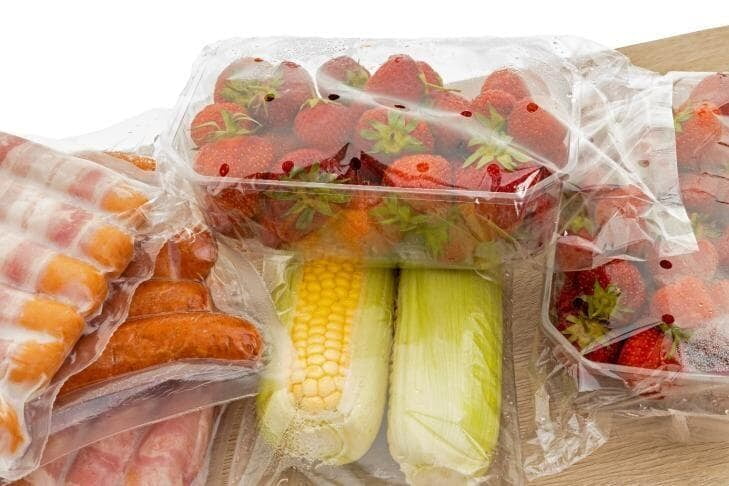October 21, 2024 - Germany's Volkswagen Foundation has funded nearly €1.2 million for a technology development project to use microorganisms to recycle PE and PET multilayer films. The project is led by researchers at the University of Kassel and the University of Hamburg in Germany. They hope to use microbial recycling to develop a method to return multilayer films to their original composition in an environmentally friendly way so that they can be used again for high-quality applications.

Researchers at the University of Kassel say that current mechanical recycling processes for plastic films are unable to produce high-quality recycled products on a large scale. Another option is chemical recycling, which is also suitable for low purity plastic wastes, but is less attractive due to the high energy intensity and low product yields of the various processes that break down plastic materials into their constituents. The institutes involved in the project are therefore taking up the challenge of developing a new recycling method for reprocessing multilayer plastic films into high-quality plastic films. It could pave the way for multilayer recycling, with a focus on microbial degradation of engineering plastics, and contribute to the recycling targets set by the European Commission.
We wanted to develop a new eco-optimized recycling technology for polyethylene (PE) films and polyethylene-polyethylene terephthalate (PET) multilayer films that would produce high-quality recycled products through enzymatic depolymerization of PE and subsequent reactive extrusion of short-chain structural units (oligomers), the researchers from the University of Hamburg explain. This is because PE is present in almost every layer of the film but has not yet been enzymatically depolymerized in the same way as PET.
Films are one of the most important application areas for plastics. They account for almost half of all disposable plastic packaging in German households. Multi-layer films, which are particularly commonly used in the food industry, are regarded as contaminants in current mechanical recycling processes and can only be processed into low-quality products. If it were possible to recycle these materials to a high quality, there would be great potential for recycling plastic films in a closed material cycle.
For example, the results of the project will eventually be of interest not only to the food and packaging industries, but also to the automotive and textile industries. The reason for this is that the variety of plastics used in automobiles, the dominance of black plastics and the diversity of fillers pose a major challenge to traditional mechanical recycling processes and may make microbial recycling very attractive. The same is true for textiles, as the diversity of materials makes inter-fiber recycling difficult using existing technologies.
The project, entitled “BioLoop: Microbiologically Reinforced Material Loop for Closing PE and PE-PET Multilayer Plastic Foil Rings,” will run for four years and is funded by the Volkswagen Foundation to the tune of nearly 1.2 million euros.

